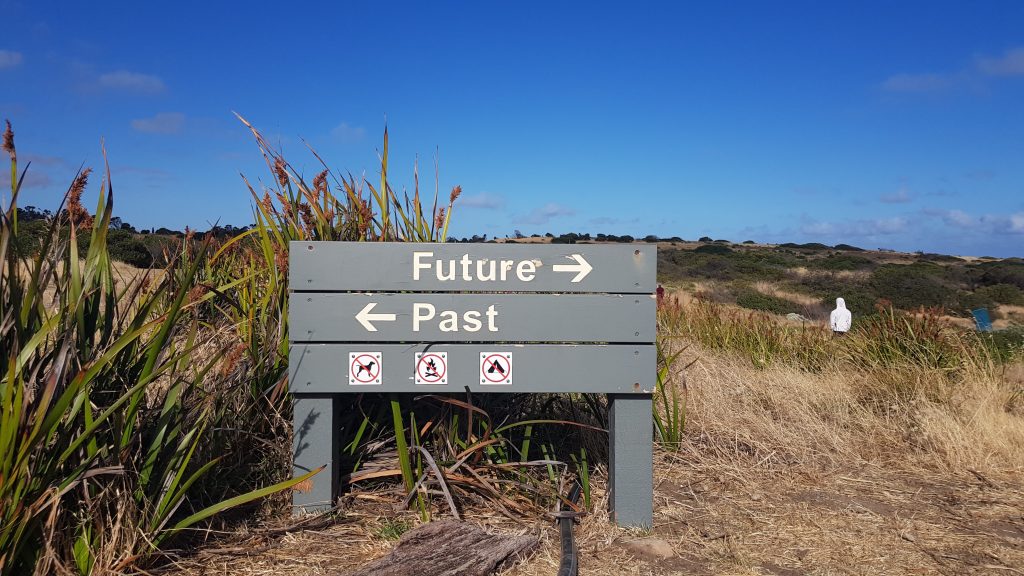One of my most recent fiction reads is Yellowface by FR Kuang. I was absolutely blown away by this fierce and darkly hilarious examination of the publication industry and its acolytes.
It is not giving anything away to explain the basic premise, for that is played out right at the start of the novel: contemporary young American authors June Hayward and Athena Liu are both supposed to be rising stars. But while the fabulous Asian-American Athena finds instant fame and recognition, June is a literary nobody and her first novel is a resounding flop. When June happens to be present at Athena’s death as a result of a freak accident, she acts on impulse and steals Athena’s latest novel, an experimental masterpiece exploring the unacknowledged contributions of Chinese workers to World War I. June decides to edit Athena’s novel and “make it her own”, immersing herself so deeply in the process of refining its prose that on some level she becomes convinced that the novel actually is indeed her own. She sends it to her agent as her own work and – at the eager publisher’s suggestion – rebrands herself with the culturally ambiguous author name of Juniper Song. The rest of the novel charts her rise and fall.
Yellowface explores the ethics of plagiarism and forces us to confront the question of originality: if an original work is heavily edited, does it remain the authentic work of the primary author, or can it be considered a collaboration? June/Junpier certainly convinces herself that it can. The novel also explores issues of friendship, race and diversity, painting the protagonist as a jealous and overlooked author with nothing fashionable to say, frustrated by the lack of interest in her “white stories” and then thwarted by an audience that questions her right to explore a history outside of her own cultural milieu. Hilariously, June/Juniper becomes aggressively and eloquently defensive of her right to such authorship, to be a white author writing about a forgotten part of Chinese history, at times seeming to forget completely that she did not – in fact – author the novel in the first place. At other times she is quite literally haunted by Athena and the truth of what she has done. There are heated debates played out in real time at book fairs and accounts of reviews on Goodreads, many of which had me laughing out loud at their accuracy. Yellowface is simply brilliant and one of the many reasons I know it’s brilliant is that it has seriously upset a lot of the chattering reviewers on Goodreads: nobody likes how it feels when a mirror is held up in front of them.
Like any good novel, Yellowface has stayed in my mind and got me thinking about some of the issues it explores. I have written before about the dangers that teachers and private tutors face when seeking to monetise their resources (as we are all encouraged to do), due to what I believe is their naivety when it comes to what truly constitutes original work. I am grateful for my background in academia here, a period during which an extreme fastidiousness about the risk of plagiarism was drummed into me. There have been numerous cases of teachers monetising resources that have turned out to be based on the work of others and – quite unbelievably – this is supported and facilitated by the Times Educational Supplement, which allows people to upload and sell resources on its own website without a single check as to their originality. Only this week I saw someone online who was able to prove categorically that monetised resources available on the site were cut and pasted from his own work.
Such flagrant stealing aside, I honestly believe that a great deal of plagiarism occurs through nescience rather than through deliberate action. The way that teachers traditionally work means that it can be genuinely difficult to remember where your work ends and that of another begins. Teachers are the curators of an ever-evolving bank of resources that many others will have influenced in different ways over the years. Thanks to an academic background and some experience in publishing, I am acutely aware of the fact that pretty much everything I produce as a working resource for my students started its life somewhere else – as a passage in an old text book, from a bank of files kindly shared by a colleague, on a dim and distant exam paper from days gone by. Virtually nothing that I produce, therefore, can be claimed as fully original and monetised. This is true of most teachers, but I’m not sure how many of them fully understand the implications when it comes to publishing their work.
Every time I read or hear the exhortation from the ever-growing chorus of business coaches that tutors should be monetising their resources to create a passive income, my blood runs cold for those who heed this advice. How sure can such tutors be that their work is 100% and exclusively their own? If they’re sure of it, then they’ve been working in a vacuum, which seems a pretty strange way to go about things: reworking other people’s ideas is how we teachers get by in the job and doing so for our own use is absolutely allowed. But packaging these things up and selling them on as if they are entirely our own work is not. We live in an age where “publishing” is something that everyone can do – I have “published” this blog post myself – no editor, no publisher, no agent. The ease with which it is possible to release our work into the world can cause those inexperienced in the realities of professional publishing to think that they can do whatever they like, without recompense. I genuinely worry for them. If you’re still not convinced that there is anything for us to be concerned about, then take a look at what happened on The Classics Library website, where resources being shared entirely for free fell foul of copyright law and had to be taken down when the site was challenged by Cambridge University Press. Published resources using the ideas, the stories, the images or even just the names of the characters contained in the Cambridge Latin Course were deemed an infringement and the CUP demanded that they be taken down. In summary, any resource that uses even just an abstract concept created by others is breaking copyright law: if you publish an entirely “original” Latin story but that story contains the characters of Caecilius, Metella and Quintus, you’re potentially in trouble. These characters and their images are the intellectual property of the CUP.
Originality was not valued in the ancient world in anything like the way it is now. The modern world is obsessed with originality and authenticity, a tendency which has spilled over into society’s prioritisation of the individual over the community. The ancient Greeks had no interest in original stories, rather they liked to hear traditional or familiar stories told well. The Greek concept of story-writing arose out of the oral tradition, where stories were shared by word of mouth and were told and re-told a thousand times. Each teller would embellish the story and “make it their own” but none would claim (or indeed even wish to claim) that the story was original to them. For this and other reasons it is sometimes impossible to discern who was the original author of ideas in the ancient world and Homer, the oldest story-teller whose works we have in our possession, is considered by many to be an amalgamation of multiple authors over time, rather than one individual.
The Romans took the art of mimicry to a whole new level and due to the rapid and spectacular expansion of their empire had the opportunity to steal ideas from across much of the globe. They relished doing so. Their own art and literature were a kaleidoscope of colour from the regions they dominated and they certainly didn’t fret about cultural appropriation; quite frankly, they’d have been left with precious little culture without it. Furthermore, the Romans did not have the artistic prissiness we now harbour about owning the “original work”. Copies of Greek originals abounded and to be in possession of a good copy was considered not only acceptable but desirable. And it’s just as well. A multitude of Greek bronze originals are only known to us as a direct result of their Roman marble copy. (Bronzes don’t tend to survive – they get melted down and turned into more useful stuff!)
To return to the novel, I would highly recommend it. Few novels I have read this year have stayed with me as much as this one has and I loved its acerbic swipe at an industry and indeed an audience which can be cruel, unforgiving and hyprocrital. I wonder how the agent felt about this when they first picked up the manuscript. Now that I would like to have seen.

